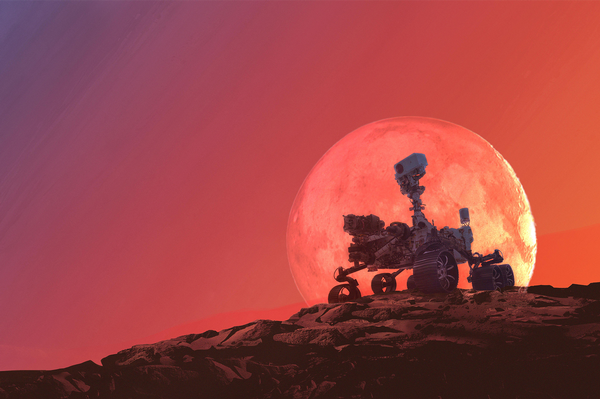 |
| January 11, 2024 |
This week, we're talking about the most audacious interplanetary mission that you may have never heard of. It's called Mars Sample Return (MSR), and it's not really one mission, but several—all carefully choreographed by NASA and the European Space Agency with the goal of bringing specimens gathered by the Perseverance Mars rover back to Earth in the early 2030s. If life has ever arisen on Mars, MSR may be our best chance to find it anytime soon. But the program is in trouble, facing potentially ruinous projected budget overruns and schedule slips. Our lead story explains the situation, what's at stake, and how—or whether—MSR might be saved. Elsewhere this week, we're covering an unfortunate shortfall for a private U.S. lunar mission, a calendar of sky events to watch in 2024, a podcast in praise of Earth's moon, the remarkably similar hues of Uranus and Neptune, and more. Enjoy! |
| |
 |
| |
| |
| |
| |
| |
| |
| |
| |
LATEST ISSUES
 |
| |
| Questions? Comments?  | |
| Download the Scientific American App |
| |
| |

















